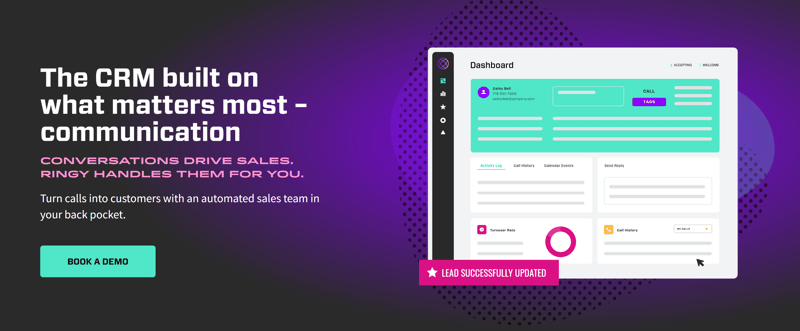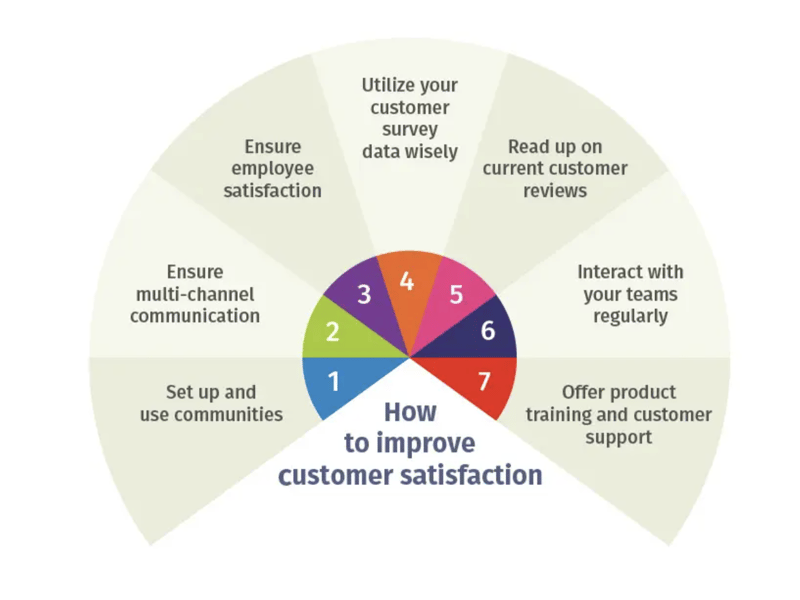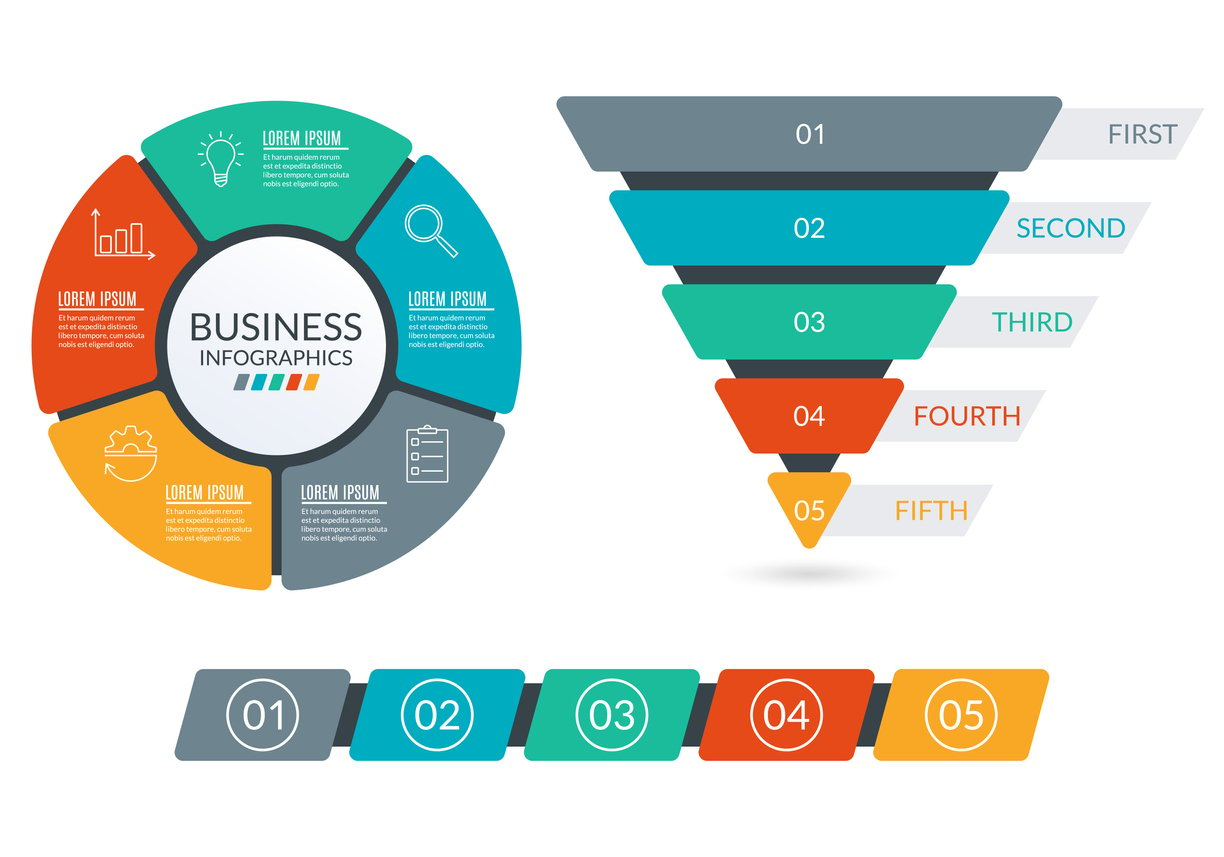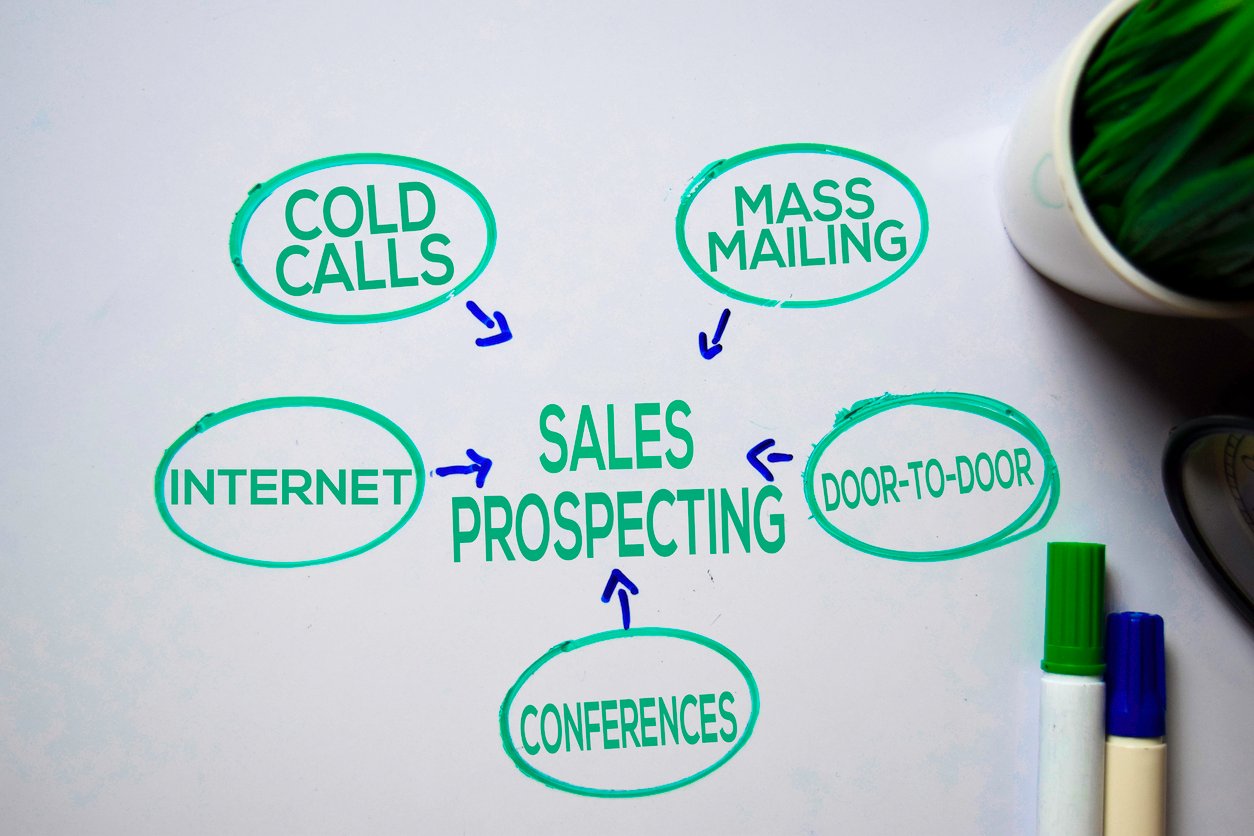
A Step-by-Step Guide to Cloud Call Center Software
 Updated on
Updated on
By Ringy
Table of Contents
Table of Contents
Technology is changing at record-breaking speeds. And we're struggling to keep up.
Just think about it: every year, it seems like there's a hot new technology disrupting established industries and forcing us to play catch-up.
It's tiring, right?
You betcha, and that's exactly why 49% of people prefer good old-fashioned human interactions over technology when it comes to customer support.
Despite the odds, humans still triumph over machines.
Well… that's only because, like in The Terminator, there's a friendly machine on our side helping us overcome our human limitations.
It goes by the name of Cloud Call Center Software.
In this guide, we'll take you through everything there's to know in a single, comprehensive blog post.
Need a quick preview of what you'll learn? Good idea. Here you go:
- The ins and outs of cloud call center software
- The common challenges this calling software resolves
- The major benefits it brings to the table
- Four success stories
- How to pick the correct version of cloud call center software
- Five awesome cloud call center solutions
Now enough small talk; it's time to get down to business.
Top Five Cloud Call Center Software
Here's a quick overview of the top five solutions available:
*All pricing details updated as of January 2025*
|
Software |
Best For |
Key Features |
Pricing |
|
Best Call Center CRM with Built-in Dialing and SMS. |
Visual sales pipeline, VOIP softphone, customizable profiles, and local ID dialing. |
$109/month + credit costs. |
|
|
Best for International and Virtual Call Centers. |
Smart IVR, custom queues, local numbers from 70+ countries. |
$25–$50/user/month paid annually. |
|
|
Best All-in-One Call Management Software. |
Connects to Hubspot CRM, shared inbox, and live chat. |
$20–$150/month per seat. |
|
|
Best Calling Software for Innovative Features. |
Predictive dialing, omnichannel analytics, workforce optimization. |
$20–$35/user/month billed annually. |
|
|
Best for Small Teams and Call Center Beginners. |
Call monitoring, distribution rules, and conference calling. |
$24–$62/month + surcharge. |
1. Ringy

Best Call Center CRM With Built-in Dialing and SMS Functionality
Ringy is two things above all:
- Our baby
- The ultimate call center CRM
It's packed with an incredible amount of features, and it has a simple one-tiered pricing model: $109 a month regardless of how many users you have.
And we're not just saying so because we developed it. We're saying so because we've developed it to be that way. And cause it's true.
Put us to the test by requesting a demo. We promise you won't be disappointed.
Price:
$109 a month + cost of credit packages.
Key features:
- Visual sales pipeline
- VOIP softphone with SMS messaging
- Customizable customer profiles
- Affordably priced (w/o extra costs for each new user you add)
- Local ID presence dialing from all 50 US states
- Cutting-edge sales and marketing automation tools, including drip campaigns
- Responsive, friendly customer support
- Free onboarding (worth $300-$1000)
- Comes with iOS and Android mobile apps
2. CloudTalk

Best for International and Virtual Call Centers With a Pre-Existing CRM
CloudTalk is an innovative cloud call center software solution that powers over 2,500 call centers worldwide.
Companies trust them because their program is super quick to implement and can be mastered by non-technical users in a jiffy.
CloudTalk is also impressive because of the wealth of bells and whistles it comes with — the only thing missing is a CRM.
But they resolve that potential problem by making integration with over 50 leading CRMs as easy as pie.
Price:
From $25 to $50 a month per user when billed annually.
Key features:
- Custom queues
- Personalized voicemails
- Smart IVR system
- Market-leading agent dashboard
- Click-to-call
- Power dialer
- Powerful mobile application
- Local phone numbers from over 70 countries
3. Hubspot + Aircall

Best All-in-One Call Management Software
When people think about Hubspot, the first things to come to mind are inbound marketing tools and CRMs.
But that's not everything.
Hubspot is an (expensive) all-in-one solution thanks to the Hubspot Service Hub and its integration with Aircall (an advanced inbound and outbound calling application).
This means you can transform it into a full-blown calling CRM with features like call routing software, IVR menus, and live call monitoring.
Price:
$20 to $150 a month per seat.
Key features:
- Connects to Hubspot CRM
- Shared email inbox
- Live chat software
- VoIP softphone
- SMS and email marketing
- Phenomenal automation
- Insightful reporting
- A single view of customers across sales, marketing, service, and operations
4. RingCentral

Best Calling Software (w/o a CRM) for Innovative Features and Reliability
Thanks to its three-tiered service offering, RingCentral is a flexible, scalable solution that works for businesses of all sizes.
We love the unlimited inbound and outbound calls within the USA and Canada, the voicemail-to-text features, and the effortless CRM integrations (something we obviously look for as a CRM company).
The only word of warning is that the 40+ features might be a bit overwhelming for someone that's not familiar with cloud call center software.
Price:
From $20 to $35 a month per user.
Key features:
- Flexible plans
- Chat and social media support
- Predictive, progressive, and preview dialing
- Omnichannel dashboards and analytics
- IVR and skills-based call routing
- One-touch calling
- Workforce management & optimization
- Handy call delegation and answering rules
- Top-notch security
5. Channels

Best for Small Teams and Businesses New To Call Centers
Did that last sentence about RingCentral's 40+ features put you off a bit?
Then Channels, formerly known as CrazyCall (good rebrand, by the way), is a call center software you can't afford to overlook.
It delivers all the major features you need without going overboard on anything fancy.
However, there is one capability missing that you can't do without — a calling CRM.
If that's a dealbreaker, you're better off with a solution like Ringy or Hubspot CRM.
Price:
From $24 to $62 a month + $8/16 surcharge for extra users.
Key features:
- Affordable (free version also available)
- Power dialer
- Call monitoring and call listening
- Call distribution rules
- Conference calling
- Local numbers from over 75 countries
- Toll-free numbers
- Free from expensive features that small businesses don't need
What To Look For in Calling Software
Choosing the right cloud call center software can make or break your customer service operations. Here are the top five factors to consider:
Price
Budget is a critical factor when selecting calling software. The cost of cloud call center software varies widely, with prices ranging from free options to enterprise solutions costing thousands per month.
Be sure to evaluate pricing models carefully to understand hidden costs, such as charges for additional users, credit packages, or advanced features.
User-Friendliness
Ease of use is vital, especially in high-turnover industries like call centers. With an average turnover rate of 30–40% — and some centers experiencing rates as high as 100% annually — intuitive software minimizes the time spent on training and helps new agents get up to speed quickly. Look for platforms with a clean interface and minimal learning curve.
Features
The core features of your cloud call center software will directly impact your ability to meet customer needs and achieve your business goals.
- Essential features: Look for core features like call routing, IVR (Interactive Voice Response), call recording, call monitoring, and reporting.
- Advanced features: Consider advanced features such as predictive dialing, skills-based routing, CRM integrations, and omnichannel communication capabilities.
- Customize to your needs: Select software that can be customized to fit your specific workflows and business requirements.
Reporting and Analytics
Robust reporting and analytics capabilities are essential for tracking key performance indicators (KPIs), identifying areas for improvement, and making data-driven decisions.
- Key metrics: Monitor call volume, call handle time, customer satisfaction, agent performance, and other relevant metrics.
- Generate custom reports: Create customized reports to gain deeper insights into your call center operations.
- Integrate with business intelligence tools: Leverage data integration to gain a holistic view of your customer interactions and overall business performance.
Customer Support
Reliable customer support is crucial for ensuring a smooth implementation and ongoing success with your chosen software.
- Evaluate support options: Look for providers that offer various support channels, such as phone, email, and live chat.
- Check response times: Inquire about typical response times for support tickets.
- Consider training and onboarding: Evaluate the availability of training resources and onboarding support.
When you carefully consider these factors, you can select cloud call center software that aligns with your business needs, budget, and long-term goals.

Take your sales to new heights with Ringy.
Sales in a slump? Ringy gives you the tools and flexibility you need to capture leads, engage with them, and turn them into customers.
Challenges Call Center Professionals Face
Before we move on to the benefits of cloud call center software or specific solutions, it's worthwhile to spend a few minutes talking about the daily struggles you face as a salesperson.
Because you can't fix a problem if you don't acknowledge something's broken first.
So what are salespeople around the globe complaining about during (virtual) watercooler chats?
- Too many IT tools
- Disorganized customer data
- Bog standard, scripted replies
- Multi-channel communication
- Tight budgets
- Customer satisfaction problems
Let's explore each one in a little more detail.
1. Too Many IT Tools
This is one of our biggest pet peeves.
And we're not alone:

We hate having to open 101 applications to get the job done.
Shuffling between the windows and tabs is annoying enough, but it doesn't compare to the pain of having your computer freeze in the middle of an important sales call because it can't handle multi-tasking.
It's just not necessary because it:
- Makes a sales agent's life harder than it has to be
- Leads to extra agent stress
- Results in poor customer experiences.
No bueno. Speaking of which...
2. Disorganized Customer Data
This is the equivalent of always having your computer freeze during sales calls.
It's a nightmare because you end up speaking to people without knowing anything about them or their past interactions with your company.
Did they already speak to one of your colleagues? Is this a repeat issue? Are they potentially ready to churn?
You can scramble all you want to find out, but with bad data, you know even less than Jon Snow (and he was pretty much clueless from beginning to end).
It's embarrassing at best and relationship-ending at worst.
Option two is the far more likely outcome if you consider that 32% of people leave brands they love after a single bad experience.
3. Bog Standard, Scripted Replies
We live in an era of hyper-personalization.
Just consider all the fantastic things companies like Amazon, Netflix, and Spotify are doing to dazzle consumers. From tailor-made product lists to recommendations based on past cues, the average Joe is bathing in the glory of companies treating him as an individual.
This, in turn, is having a significant effect on consumer behavior — 71% of shoppers state that they only engage with companies when they use personalized messaging.
And what's the opposite of personalization?
You guessed it. Boring scripted calls.
Customers pick up on an agent using one and get frustrated because an agent refuses to treat them as a person. Agents then get frustrated because they're forced to have uncomfortable conversations due to company policy.
That's a textbook lose-lose situation and one you should avoid at all costs.
4. Multi-Channel Communication
Buyers expect to be able to contact businesses via a selection of 13 different channels, including:
- "Contact us" forms
- Messenger apps
- Live chat
- Phone
- Support tickets
- Social media
That in itself isn't a problem for agents until you realize that many of them have no program for consolidating all the communication in a single location.

"Oh snap" is definitely right because this lack of centralization means that agents have to do the detective work manually and that costs them a whopping 10% of their days.
That's a royal waste of time and energy.
5. Tight Budgets
Tight budgets are one of the biggest problems call center agents have to face.
They're frustrating, they lead to sub-par tools being used, and there's nothing you can do about it most of the time.
You can try asking Finance for more money, but unless you have a rock-solid business plan, it'll be like talking to walls.
It's, unfortunately, just part of life.
But that doesn't mean there's no hope.
Hold on to it for a couple of minutes more, and you'll learn how cloud call center software can overcome even this seemingly impossible hurdle.
6. Customer Satisfaction Problems
This is the holy grail of call center issues.
It's partly caused by a combination of the previous five challenges we've discussed and partly because customers are becoming more demanding by the hour.
But regardless of what's causing it, you know you have a serious problem on your hands if customers are reporting they aren't satisfied with your call center's service.
After all, 57% of people say customer service is a pivotal part of loyalty, and a further 73% state that bad customer experiences are good reasons for churning.
How can you fix it?
- Implement the seven steps on this colorful yet wise graphic

- Invest in proven cloud call center software to get started
Hmm… are you sure that that second recommendation is a good idea? Won't finance just shoot it down?
YES to the first question, and no to the second one.
Let's explain by sharing cloud call center software's most significant benefits.
Benefits of Cloud-Based Call Management Software
We know you're busy.
So rather than listing out all six advantages in the usual "listicle-style" format, we've come up with a better way to share them.
This ultra-compact table of calls management software benefits. Enjoy!
|
Benefit |
Why it matters |
|
Improved customer experience (CX) |
|
|
Affordable monthly payments |
|
|
Automatic call routing via IVRs or CRM integrations |
|
|
Scalable |
|
|
Flexible |
|
|
Integrates with your tech stack |
|
Convinced yet?
You're probably on the fence, so it's time to bring out the big guns: four inspirational case studies of companies that used cloud call center software to transform their businesses.
And now on to the section that you've all been waiting for:
Cloud Call Center Software FAQs
Cloud call center software offers numerous benefits, but you may still have questions. Here are answers to some of the most frequently asked questions.
What is Cloud Call Center Software?
No surprises here — cloud call center software is precisely what the name implies.
It is a software application that is:
- Hosted in third-party servers in data centers
- Accessed via the cloud (a.k.a. the internet)
- Ideal for providing call (or contact) centers with a range of tech-enabled capabilities
What kind of capabilities are we talking about?
The whole shebang. Literally, everything a modern sales or service agent needs to succeed.
Think of features like:
- VoIP software with outbound and/or inbound calling
- SMS & messaging platforms like WhatsApp and Facebook
- Analytics
- Workforce management
- Calling CRMs
But don't get confused — not all cloud call center software includes all these features.
It's up to individual providers to develop solutions and market them, so end-users need to carefully and meticulously check product pages to find the one best suited to their needs.
One more thing:
Cloud call center software is often compared to on-premises (or traditional) call center software.
The difference lies in the fact that on-premises software is hosted via in-house servers, where you own the hardware and take care of maintenance and updates, while cloud software outsources these tasks via, well, the cloud.
Cloud-based solutions usually have the upper hand because they cut costs and enable flexible working environments to the point that even micro companies can run virtual call centers.

What Is a Cloud-Based Call Center? / How Does a Cloud Call Center Work?
A cloud-based call center, also commonly referred to as a virtual call center, is a business department with remotely-hosted, third-party-owned technology that handles inbound and outbound calls with the company's customers (internal or external).
This type of setup works thanks to the internet because it allows sales agents to access cloud-based technology regardless of where they are in the world.
If we translate that into plain English, we'd say a cloud call center is simply a call center that accesses all its IT tools via the internet without ever owning them.
P.S. Call centers are sometimes called contact centers — this just refers to the fact that some centers handle non-voice communication like emails, SMS, and chat messages.
What is a CRM in a Call Center (a.k.a. A Call Centre CRM)?
A call center CRM, a.k.a. a calling CRM, is simply a CRM (customer relationship management) system that's been optimized to the particular needs of sales and support agents.
Its main goal is to improve the customer experience by revolutionizing how call centers record, utilize, and manage customer data.
It's usually made up of:
- A sales pipeline
- Customer records and contact history
- A softphone
- Automation features
That's enough CRM info for this post, but don't miss our deep-dive on CRMs if you'd like to explore the topic in more detail.
What Does IVR Mean in a Call Center?
Good question; it's an acronym that pops up everywhere.
It stands for "interactive voice response," and it's a telephony system that enables calling customers to self-direct their calls to the correct department or agent.
Still drawing a blank?
Then think back to the last time you called customer support, and instead of hearing a person, you listened to a pre-recorded greeting that gave you a bunch of options (press 1 for sales, press 2 for marketing, etc.).
That's an IVR.
But is it necessary?
Yes and no.
You can do the same, or better, with intelligent routing via a CRM integration that:
- Automatically forwards the call to the right agent based on the caller's profile and past calls
- Sends the call to an agent they've spoken with before
People prefer this approach because it makes them feel like you're treating them as a person rather than a pesky caller.
Conclusion: One Look Back, One Jump Forward
Choosing the right cloud call center software is more than just a business decision—it's an investment in your team's productivity, customer satisfaction, and overall growth. From budget-friendly options for small teams to robust, scalable solutions for larger enterprises, the market offers tools for every need.
Among the top contenders, Ringy stands out as a comprehensive call center CRM. With built-in dialing and SMS functionality and a user-friendly design, it's tailor-made for businesses that seek a seamless solution. Plus, its affordable pricing model ensures that you get the best value for your investment.
Want to see how you can elevate your call center operations? Request a demo today and discover how Ringy can elevate your business to the next level.

Skyrocket your sales with the CRM that does it all.
Calling? Check. SMS? Check. Automation and AI? Check. Effortlessly keep in touch with your customers and boost your revenue without limits.

Take your sales to new heights with Ringy.
Sales in a slump? Ringy gives you the tools and flexibility you need to capture leads, engage with them, and turn them into customers.
Subscribe to Our Blog
Enter your email to get the latest updates sent straight to your inbox!
Categories
Related Articles



























































































